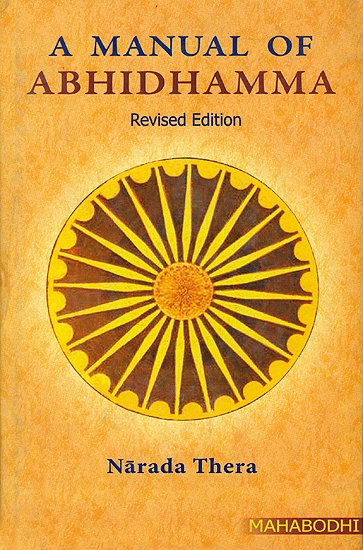Abhidhamma in Daily Life (by Ashin Janakabhivamsa)
by Ashin Janakabhivamsa | 66,666 words
English translation of "Abhidhamma in Daily Life" by Professor Ko Lay. Revised by Sayadaw U Silananda, International Theravada Buddhist Missionary University, Yangon, 1999...
Domain 5 - Veyavacca (service)
Helping or giving service in the good deeds of other people is known as veyavacca. We should offer our services willingly so that the donors may feel at ease, free from worries and the charity b e successfully accomplished. We should also help the sick, the infirm and the old. We should offer assistance to people carrying heavy loads; to help remove the heavy burdens of our parents and elders. Thus, all forms of voluntary service given to others (provided the deeds are not evil) are listed as veyavacca kusala.
If you have goodwill and true cetana in giving voluntary service benefits may be greater than those of the actual donor. For instance, in Buddha’s time there was a governor named Payasi, who was a heretic but became a believer of the Dhamma due to the teachings of Venerable Kumara Kassapa. This Payasi performed charity and alms-giving regularly. But he did not do the good deed himself. Instead he delegated Uttara a young lad to offer alms-food to Bhikkhus. Although Uttara was acting on behalf of the governor, he put all his heart and soul in the alms giving. When both the governor and the servant died, the former was reborn in Catumaharajika - the lowest of the six celestial abodes; the latter was reborn in Tavatimsa, which is higher than Catumaharajika.
